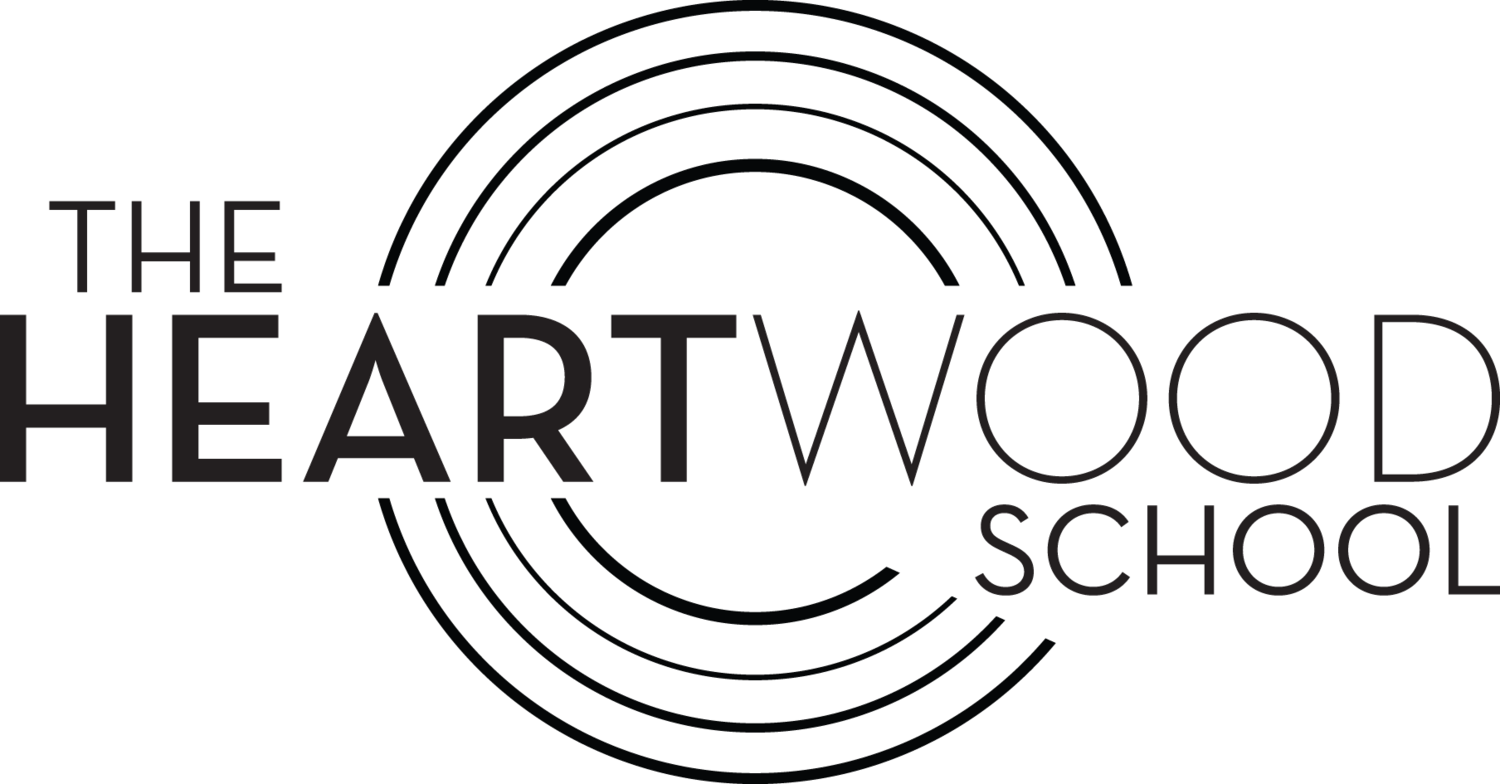How do they learn if you don't teach them?
We do teach them, but they would learn even if we did not. Learning is natural and happening all the time. Babies learn to crawl, walk, and talk without being explicitly taught these things. They look at who and what exists in the world around them, copy and experiment with what they see, practice and learn the skills they need to grow in independence and connectivity to others. In learning communities that value authenticity and collaboration, it is inevitable that we will teach each other. Sometimes this happens through classes and workshops, sometimes through conversations and modeling, sometimes through play and interaction. But it is always happening. In an Agile Learning Center, we incorporate the Cycles of Personal Development through which students learn how to direct their own learning process.
How will my student learn the basics?
If something is actually basic knowledge that you need in order to live successfully in this world, you cannot help but learn it. The “basics” will be captured in natural learning, which happens through living. We do not need to force or trick them into learning something basic. Basic knowledge and skills are defined by our current world. Whereas once it may have been basic to know how to saddle a horse, today it is basic to know how to open a web browser. The rich world environment in which we operate sets us up to prioritize knowledge and skills reliably and naturally based on our experiences.
Are there certain levels of math or reading you try to achieve?
Children are naturally curious and capable. In a rich and stimulating environment, we do not have to try to teach them anything: they teach themselves or ask (of each other and facilitators) to be taught. When they need math to play a video game, track sport statistics, bake muffins, budget for a trip, or otherwise navigate the world, they will learn it. When they need to read and write to create stories with their friends, manage their own blogs, use community tools (like kanbans) independently, find out what happens in the next Harry Potter book, decipher notes from friends, research dinosaurs, or otherwise navigate the world, they will learn it. Especially in an environment where facilitators model passionate learning and the community supports–rather than shames–students who learn at different paces, kids stay curious and eager to keep learning.
We do not sort knowledge into traditional subject areas, as doing so discourages learners from interdisciplinary thinking and exploring innovative applications they may invent. Learning is not about amassing data; it is about making connections, deepening understanding, solving problems, creating, and sharing. Facilitators support students in exploring the relatedness and convergence of learning domains, both in school and in the world around us. Sorting or prioritizing traditional subjects is rarely useful from this perspective.
Do you prioritize certain subjects?
In lots of ways. We do not have priority-tracking mechanisms explicitly built into any of the tools we use. That said, students have hacked and adapted the tools, for example building “swim lanes” into their kanbans so they can prioritize their intentions. Sometimes they create new tools. Often they set personal goals that they have realized on their own or through conversations with facilitators. They prioritize activities that move them towards their goals, like most of us do when we want something, and they reflect often on how they are choosing to spend their time.
How do students prioritize their interests and goals?
Children today are swimming in a flood of information. They get exposed to a greater diversity of ideas, issues, cultures, facts, problems and opportunities in a month than most people got in their lifetimes just 50 years ago. A single Sunday New York Times contains more text than a literate person read in their lifetime 100 years ago.
Kids today carry in their hands devices with instantaneous access to almost the entire documented history of human knowledge. Then we tell them to put down their devices; we lock them in classrooms and spoon-feed them bits of information, isolated and out of context. We tell them that they need to memorize things they could look up in an instant. Then we grade them on whether they can regurgitate the current politically correct answers on a test. The assumption behind this question is upside down.
Traditional schooling cuts students off from the flow of information available to them and divides selections of that information into little boxes disconnected from their lives (English, Math, Social Studies, etc.), then presents this information as if students would never have encountered it otherwise. Knowledge is something holistic and integrated, and students are integrating it all the time — whether or not they are in school.
The real question today should be: In this staggering flood of overexposure, how will my child learn to filter to what is important from the unimportant, to focus on their domains of passion, and to determine “good” information from “bad?” These are the important skills for a modern child…skills they will not get from some school board doing the filtering for them.

